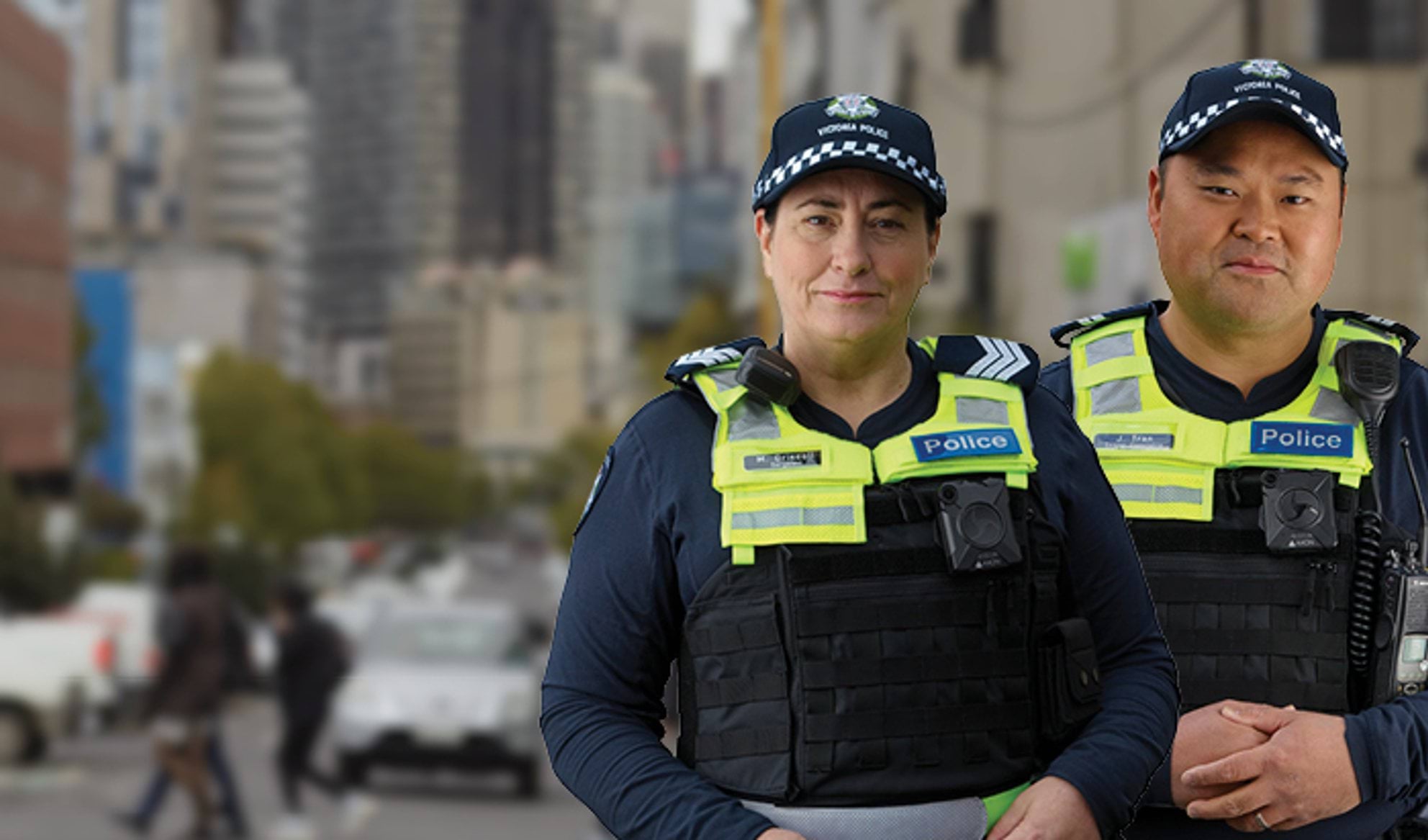Stalking is a crime in Victoria. If you think it is happening to you, you can get help and support.
The information on this page relates to non-family violence stalking. This is when the stalking occurs outside the family violence context. For example, when the person stalking you is an acquaintance, friend, colleague, neighbour or even a stranger.
If the person stalking you is a partner, ex-partner or family member, visit family violence.
Quick exit button
To exit this page quickly, click on the ‘Quick exit’ button at the top of this page.
About stalking
Stalking is a pattern of repeated and unwanted behaviour by another person where they impose themselves in your life in a way that may or does cause distress, fear or worry.
Someone might stalk you in person or by using technology, or both.
Stalking is a crime in Victoria. To prove an offence of stalking, police must show evidence to a court that a person engaged in one or more of a range of behaviours, more than once or for an extended period.
Some stalking behaviours are not against the law in normal circumstances (for example receiving a surprise flower delivery or gift).
It is when the behaviour or actions come together in a ‘course of conduct’ directed at a person, with a specific intent, it becomes a crime.
Examples of stalking
Examples of stalking behaviours include when someone:
- makes repeated and unwanted phone calls
- sends repeated or unwanted messages or emails
- sends you unwanted or strange gifts, letters, notes or cards
- hangs around outside, or enters your home, workplace or places you go without a valid reason
- follows or tracks your movements
- tries to get access to your social media accounts
- sets up fake accounts pretending to be you
- damages your property
- threatens you, or your friends, family, or pets
- spreads rumours about you online or to your friends, family or colleagues.
Report stalking to police
If someone repeatedly behaves in a way that concerns you or makes you feel worried, scared, distressed, or threatened, tell us what's been happening.
If anyone is in danger, a crime is currently occurring, or you need immediate police attendance, please call Triple Zero (000).
When there is no immediate danger:
- call or visit your local police station or
- make a report online through ReportCyber if the stalking occurs mainly online.
If you're not ready to report to police, there are other services that can give you advice and support to help you stay safe.
What to expect when you contact police
Stalking is serious and can get worse over time. You do not have to wait until the stalking escalates to report it.
Victoria Police is here to support you. We will take your concerns seriously.
When talking with police, they will:
- discuss your options
- assess the risks and put safety strategies in place
- provide you with referrals to support services.
If you’ve been keeping a record of what’s been happening or collecting evidence, share it with police. This can help police identify that there is a pattern occurring.
You can bring a friend, family or support person with you when you make a police report. It may be helpful to ask them to take notes, so you don’t have to worry about remembering what was said.
We may ask you to give a detailed statement about what happened. You should ask for a copy of your statement.
When you make a report to police, it is a good idea, if you can, to keep any documents about your case in a safe place. Then if you contact police again, you can tell them the incident number for your case. There is more information and advice on victims of crime.
Keeping yourself safe
Stalkers use different ways to invade your life. You have no control over their behaviour, and it’s not your fault.
It can be useful to think of steps you might take to increase your safety, which can include talking to someone you trust, a support service or police.
Below is some general guidance you can consider to support your safety.
Keep a record of what’s happened
Because stalking is a pattern of behaviour, it is important to document what’s happening. If you find this difficult or upsetting, consider asking someone you trust to help you.
Seek support and advice
Find advice and support, counselling, and other services.
Advice and support
Counselling and crisis support services
Other services
Updated
